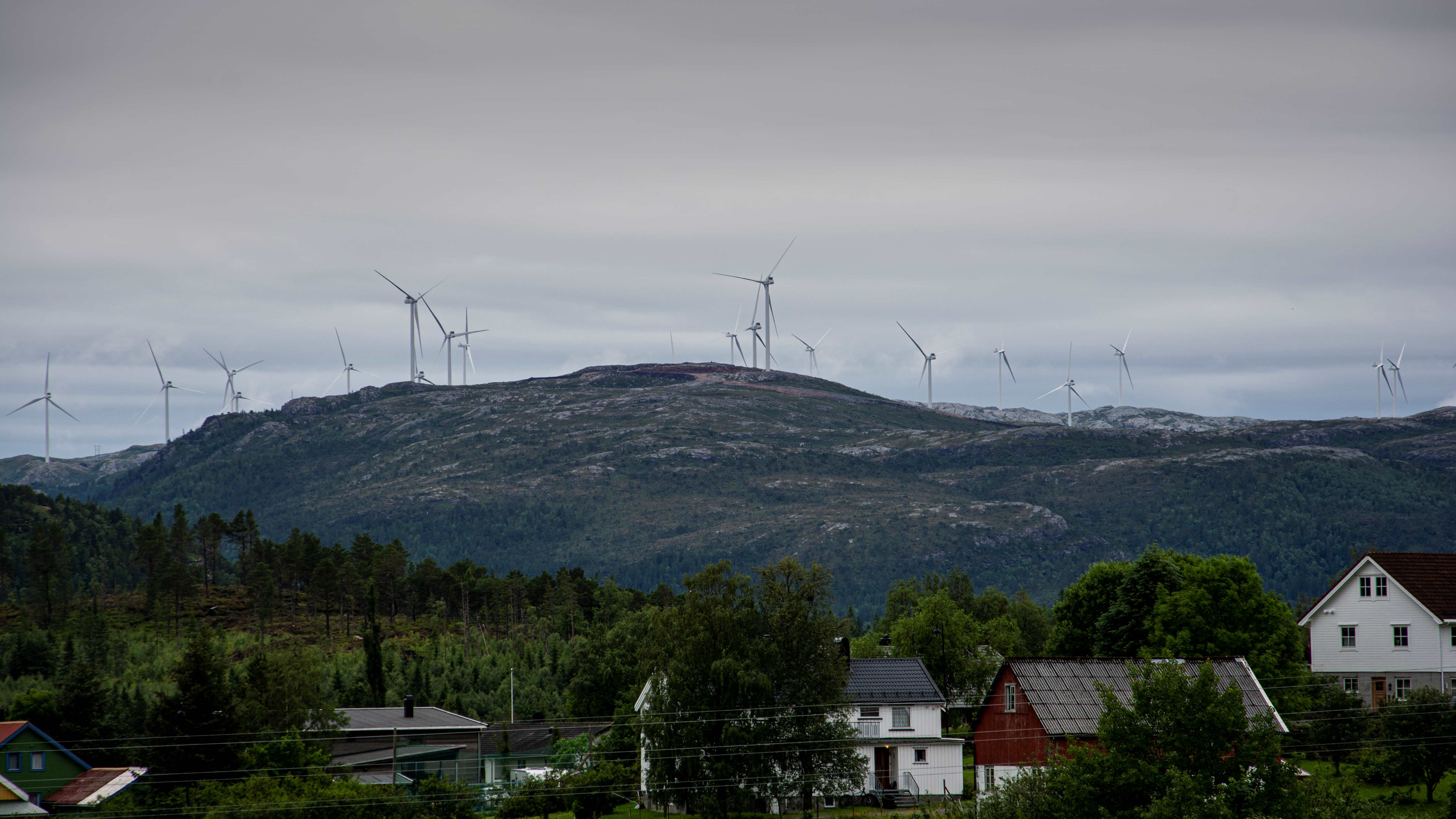Energy, climate and environment
Centre for climate, energy, and the environment (CLEEN): Interdisciplinary social science research for a sustainable future

The Centre for Climate, Energy, and Environment (CLEEN) is a leading research centre addressing critical societal challenges related to climate, energy, and the environment. With over 40 dedicated researchers and many local, national, and international collaborators, CLEEN represents one of Europe's largest and most dynamic academic communities in its field.
Our expertise spans widely:
-
Transition to low-carbon societies: We explore strategies and pathways for a just and sustainable transition, aiming to meet national and global climate goals without leaving anyone behind.
-
Energy and climate policy: We analyse and evaluate policies to facilitate transition to low-carbon societies.
-
Energy systems: Our research focuses on energy efficiency, consumption patterns, and the development of renewable energy sources such as solar, wind, and hydropower.
-
Public engagement: We study people's attitudes, behaviour, and participation related to climate change and environmentally friendly energy.
-
Climate adaptation and environmental issues: We investigate how society can adapt to climate change and reduce vulnerability, as well as how to address environmental challenges like pollution and biodiversity loss.
-
Sustainable cities and transport: We develop solutions for more sustainable urban planning and transportation, focusing on reducing emissions, pollution, and improving quality of life.
-
Consumption and sufficiency: We explore alternative pathways toward a more sustainable society, focusing on reduced consumption.
CLEEN brings together researchers from diverse academic backgrounds, including Science and Technology Studies (STS), Sociology, Political Science, Social Anthropology, Organizational Studies, and Gender Studies. This unique interdisciplinary approach enables us to address complex issues from multiple perspectives and develop sustainable solutions.
We collaborate closely with other academic communities at NTNU, for example through the interdisciplinary strategic research areas NTNU Energy, NTNU Community, and NTNU Civil Security. We lead the national Centre for Environment-friendly Energy Research (FME) NTRANS and participate in several other FMEs (NorthWind, ZEN, CINELDI, HYDROGENi). CLEEN also has an ERC project, MidWay, and is involved in several other EU projects funded by Horizon Europe.
CLEEN has an ambitious vision to be a driving force for just and sustainable transitions to low-carbon societies. We aim to contribute knowledge and solutions that make a difference, both locally and globally.
Research projects
The Centre for climate, energy and the environment participates in several Centres for Environment-friendly Energy Research (FME). The objective of the scheme for Centres for Environment-friendly Energy Research is to establish time-limited research centres which conduct concentrated, focused and long-term research of high international calibre in order to solve specific challenges in the field.
Horizon Europe is EU’s large research and innovation programme. Support from this programme is given very high priority from NTNU leadership as well as Ministry of Education and Research. Presently, we are partner in the following projects:
- Africa Parks - A sustainable model for developing energy access and climate resilience in Africa
- ARV - Climate positive circular communities
- Enhance+
- Enhanceria
- MidWay - A middle way? Probing sufficiency through meat and milk in China
-
SSH CENTRE: Social sciences and humanities for climate, energy and transport research excellence
Centre for climate, energy and the environment presently receives funding from the Research Council of Norway (RCN), and from other sources for the following projects:
-
CaptureX: Socio-technical drivers, opportunities and challenges for large-scale CCU
-
CliCNord: Climate Change Resilience in Small Communities in the Nordic Countries
-
EpiJustInf: Risk in the information society, towards epistemic justice
-
MEATigation: towards sustainable meat-use in Norwegian food practices for climate mitigation
-
NORHED: Capacity building for socially just and sustainable energy transitions
-
Rescape - Realizing landscape restoration: Enabling transformative change of land-use
-
SoMaT - Sociomaterial Transformations in Norway and East Asia
